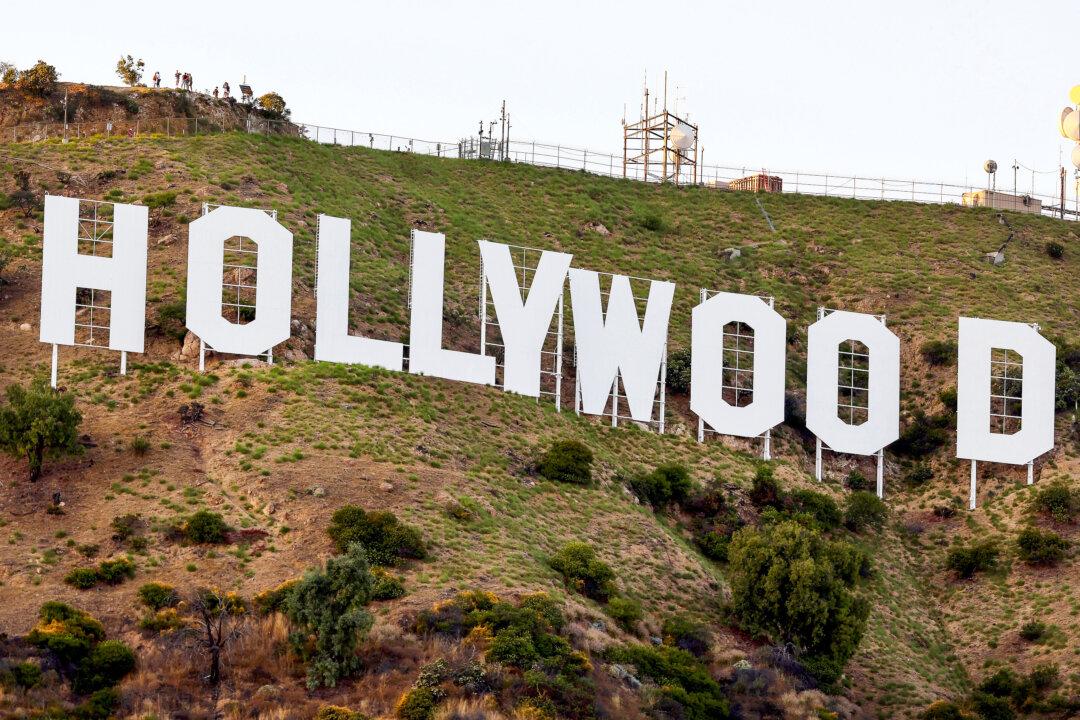The U.S. entertainment industry is experiencing a significant downturn. In the second quarter of 2024, film and TV production across the country plummeted by 40 percent in America, according to the latest report by ProdPro.
The global film and TV production industry experienced a notable 20 percent decline in output during the second quarter of this year compared to 2022.





